Analyzing Tom Thibodeau's Joke About The Pope And The Knicks
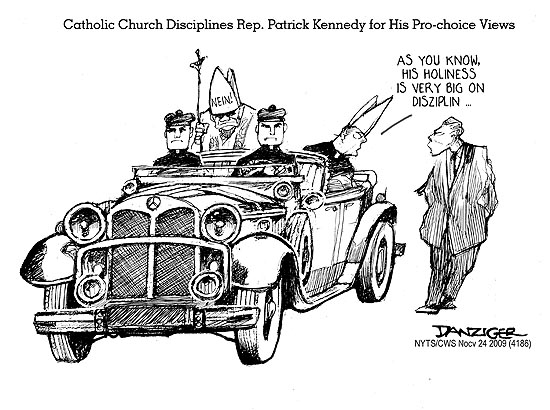
Table of Contents
The Joke Itself: Context and Interpretation
While the exact wording may vary slightly depending on the source, the essence of Tom Thibodeau's joke reportedly centered around a comparison between the seemingly insurmountable challenges faced by the Knicks and the unwavering faith expected of devout Catholics. The humor, if it can be called that, seemingly derived from the juxtaposition of the team's struggles with the perceived unwavering optimism of religious belief.
The potential targets of this joke are multifaceted. Some interpretations suggest it was aimed at Knicks fans, playfully acknowledging their enduring patience despite years of inconsistent team performance. Others might argue the joke inadvertently poked fun at the Catholic Church, potentially trivializing religious faith. The ambiguity of the joke's intent is a key element to its analysis.
- Specific wording of the joke: (Insert accurate paraphrased or verbatim quote of the joke here if available. If not, describe its essence with as much accuracy as possible).
- Identification of potential targets: Knicks fans, the Catholic Church, the team's management.
- Potential double meanings or layers of interpretation: The joke could be interpreted as self-deprecating, acknowledging the team’s struggles, or as insensitive, trivializing religious belief.
Public Reaction and Social Media Sentiment
The reaction to Tom Thibodeau's joke was swift and diverse. Initial responses on social media platforms like Twitter and Facebook ranged from amusement to outrage. Many fans found the joke harmless, viewing it within the context of Thibodeau’s often-blunt and unconventional communication style. However, others criticized the joke as insensitive, inappropriate, and unprofessional, particularly given the coach's public profile.
Media outlets picked up the story, further amplifying the debate. Sports blogs and news channels provided varying perspectives, some defending Thibodeau's right to humor, others condemning the joke's potential offensiveness. This contrasting coverage significantly influenced public perception and fueled the ongoing discussion.
- Examples of positive and negative tweets/comments: (Insert examples, ensuring responsible sourcing and anonymization where necessary).
- Summary of media coverage: (Summarize key viewpoints from various media outlets).
- Quantitative data on social media sentiment (if available): (Include data on positive/negative sentiment if accessible through social media analytics tools).
Impact on Thibodeau's Image and the Knicks' Brand
Tom Thibodeau's joke carries potential consequences for his public image. His reputation, already known for its intensity, could be further affected by this controversy, potentially impacting his ability to connect with fans and players. For the Knicks organization, the fallout could be more significant. The team’s brand image, carefully cultivated over time, could suffer damage, particularly among a sensitive demographic. Negative publicity could affect sponsorships and potentially alienate some fans.
The Knicks’ official response (or lack thereof) to the controversy is crucial. A swift and well-considered statement could help mitigate the damage, while inaction could allow the controversy to fester. Whether an apology was necessary and its potential effectiveness are important considerations.
- Potential reputational damage for Thibodeau: Decreased fan approval, strained relationships with players, potential impact on future coaching opportunities.
- Potential negative impacts on Knicks sponsorships: Sponsors might be hesitant to continue their association with the team due to negative publicity.
- Assessment of the team's response (or lack thereof) to the controversy: Did the Knicks issue a statement? Was it sufficient to address the concerns?
Humor, Public Figures, and Professionalism in Sports
The incident involving "Tom Thibodeau's joke about the Pope and the Knicks" highlights the complexities of humor when dealing with public figures. The lines between acceptable and unacceptable humor are often blurred, particularly in the fast-paced and highly-scrutinized world of professional sports. Coaches and athletes operate under a constant microscope, and their words and actions are subjected to immediate and intense scrutiny via social media and traditional media. This heightened scrutiny requires a higher level of self-awareness and caution.
The responsibility of public figures to consider their words before speaking is paramount. The ease of immediate dissemination of information through social media magnifies both the positive and negative potential of any statement.
- Examples of other instances of coaches making controversial jokes: (Provide examples of similar incidents involving other coaches).
- Discussion of the ethics of humor in public life: How do we balance freedom of speech with the responsibility to avoid causing offense?
- The importance of considering the audience when making jokes: Understanding the context and potential sensitivities of different audiences is vital for public figures.
Conclusion
The analysis of "Tom Thibodeau's joke about the Pope and the Knicks" reveals the potential pitfalls of insensitive humor, particularly for public figures in the intensely scrutinized world of professional sports. The joke's ambiguity, the range of public reactions, and the potential damage to Thibodeau's image and the Knicks' brand highlight the importance of responsible communication. This case serves as a cautionary tale about the potential consequences of seemingly innocuous statements in a highly sensitive and interconnected media landscape.
We encourage you to share your thoughts and opinions on this analysis of Tom Thibodeau's joke in the comments section below. Let's continue the discussion on the complexities of humor, public image, and professionalism in sports.

Featured Posts
-
 The Emerging Cold War Competition For Rare Earth Minerals
May 17, 2025
The Emerging Cold War Competition For Rare Earth Minerals
May 17, 2025 -
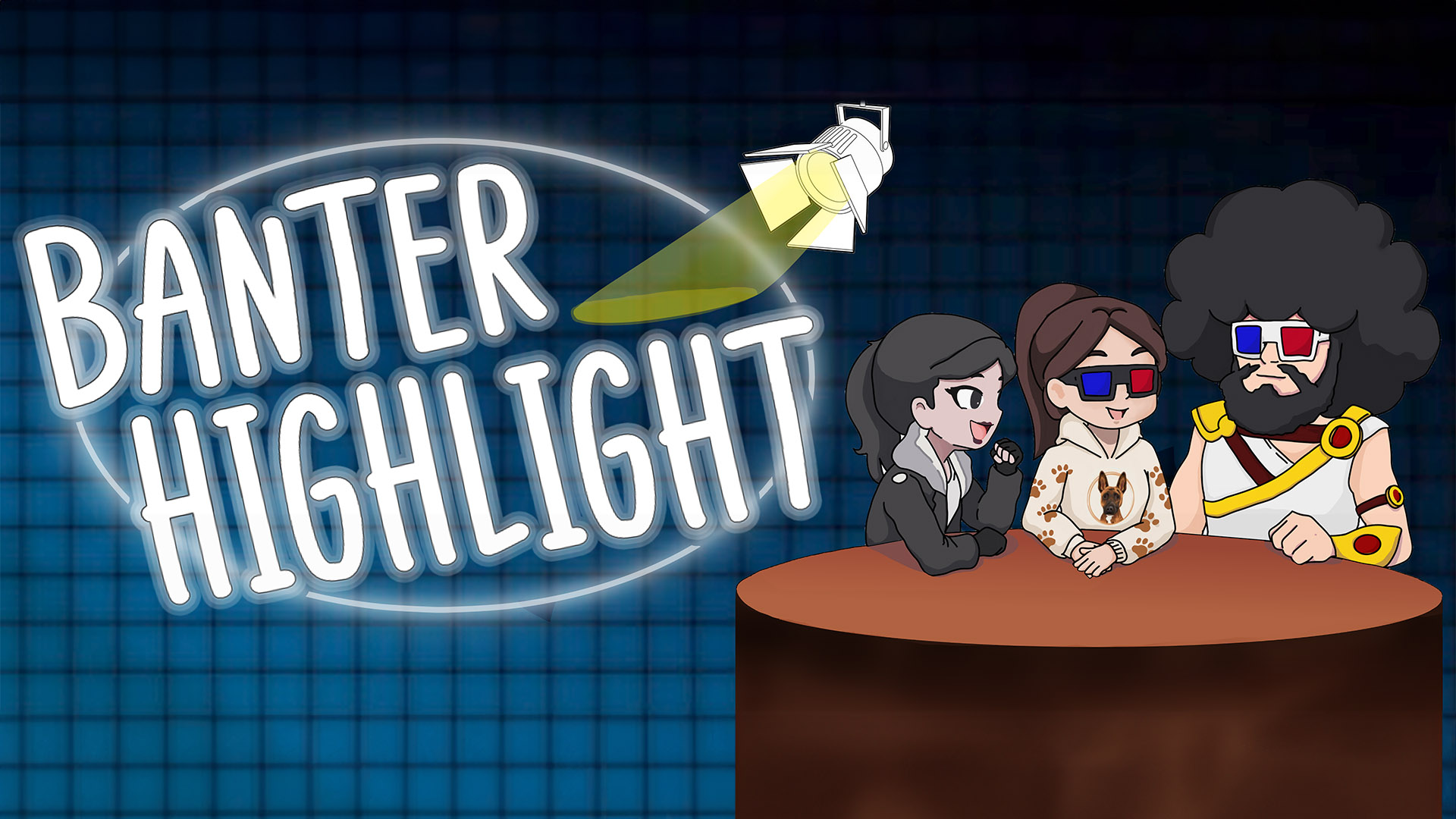 Breens Banter Highlights Bridges On Court Expressions
May 17, 2025
Breens Banter Highlights Bridges On Court Expressions
May 17, 2025 -
 Bayesian Superyacht Tragedy Probe Details Final Moments
May 17, 2025
Bayesian Superyacht Tragedy Probe Details Final Moments
May 17, 2025 -
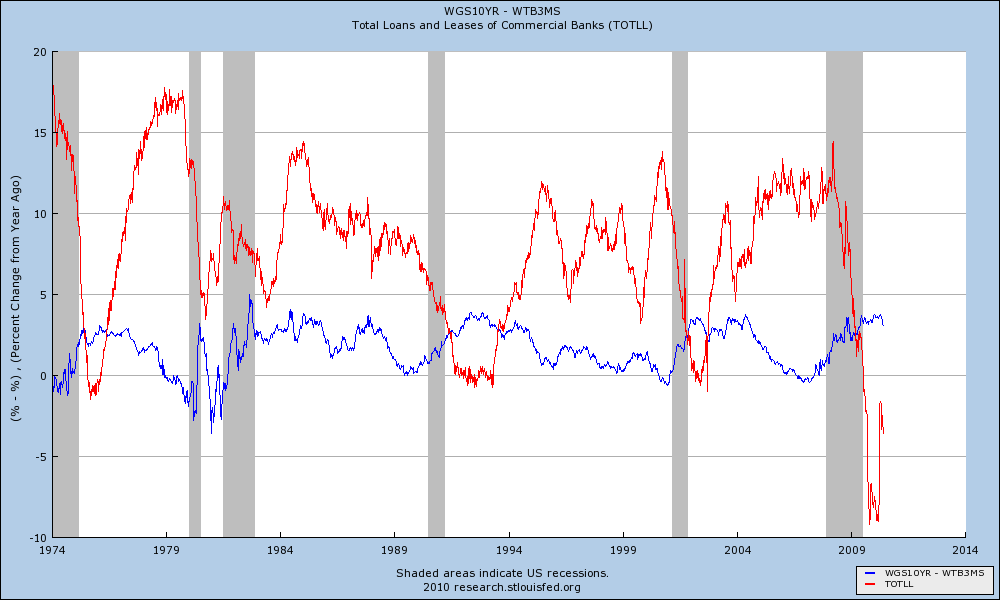 Japans Steep Yield Curve A Growing Concern For Investors And The Economy
May 17, 2025
Japans Steep Yield Curve A Growing Concern For Investors And The Economy
May 17, 2025 -
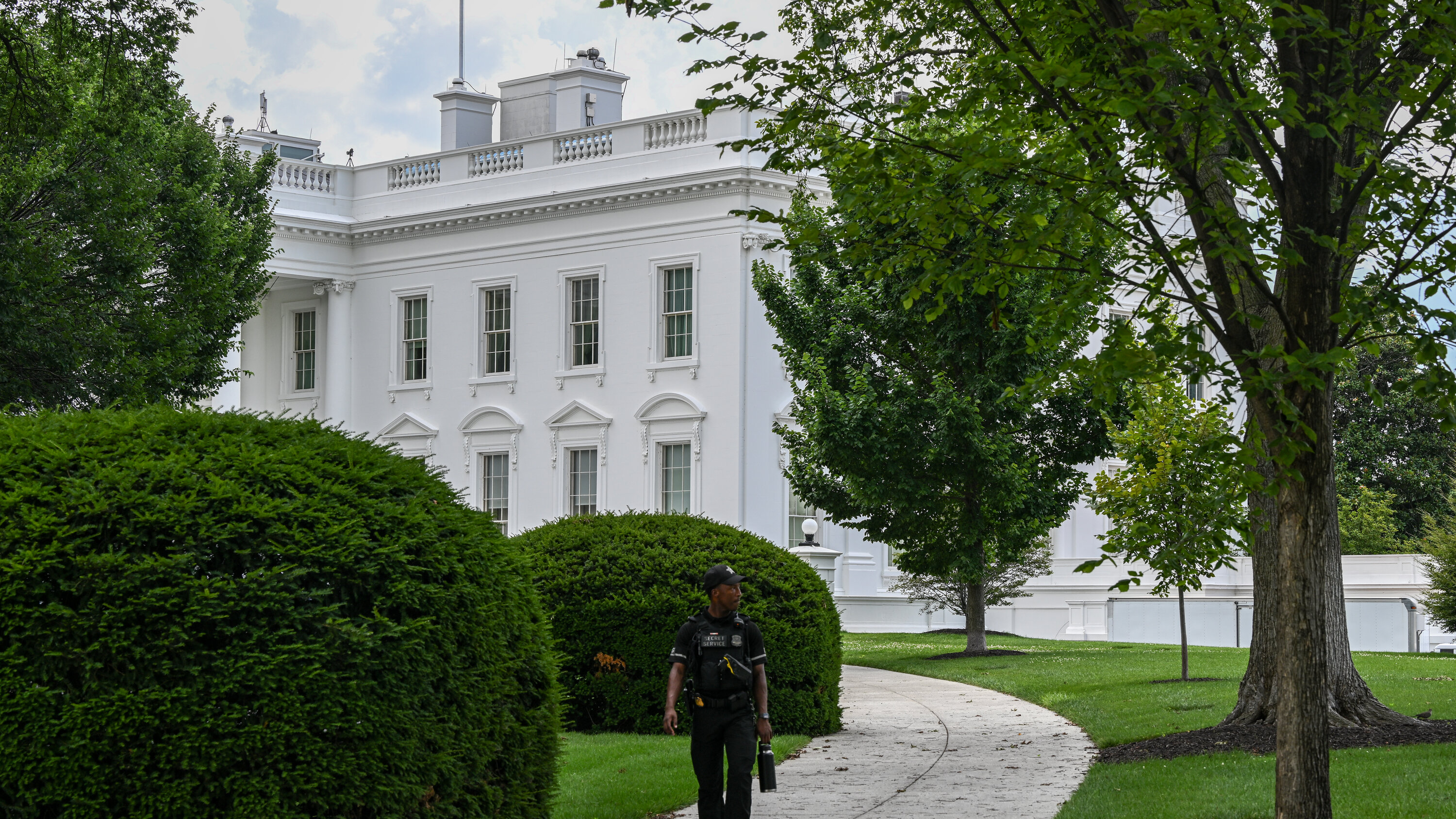 Secret Service Investigation Cocaine Found At White House Case Closed
May 17, 2025
Secret Service Investigation Cocaine Found At White House Case Closed
May 17, 2025
Latest Posts
-
 Sbry Abwshealt Aljzayr Tukhld Asm Mkhrj Lyby Barz
May 17, 2025
Sbry Abwshealt Aljzayr Tukhld Asm Mkhrj Lyby Barz
May 17, 2025 -
 Aljzayr Tkrm Almkhrj Allyby Sbry Abwshealt Tkrym Astthnayy Lfnan Mtmyz
May 17, 2025
Aljzayr Tkrm Almkhrj Allyby Sbry Abwshealt Tkrym Astthnayy Lfnan Mtmyz
May 17, 2025 -
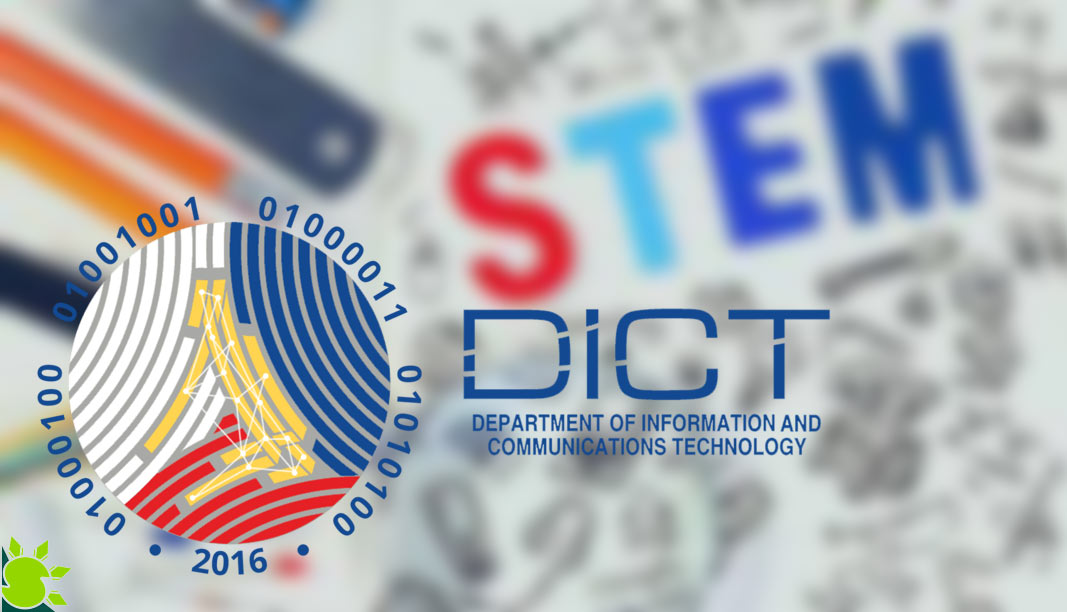 Stem Scholarships Supporting Local Student Success In Science And Technology
May 17, 2025
Stem Scholarships Supporting Local Student Success In Science And Technology
May 17, 2025 -
 Investing In The Future Local Students Awarded Stem Scholarships
May 17, 2025
Investing In The Future Local Students Awarded Stem Scholarships
May 17, 2025 -
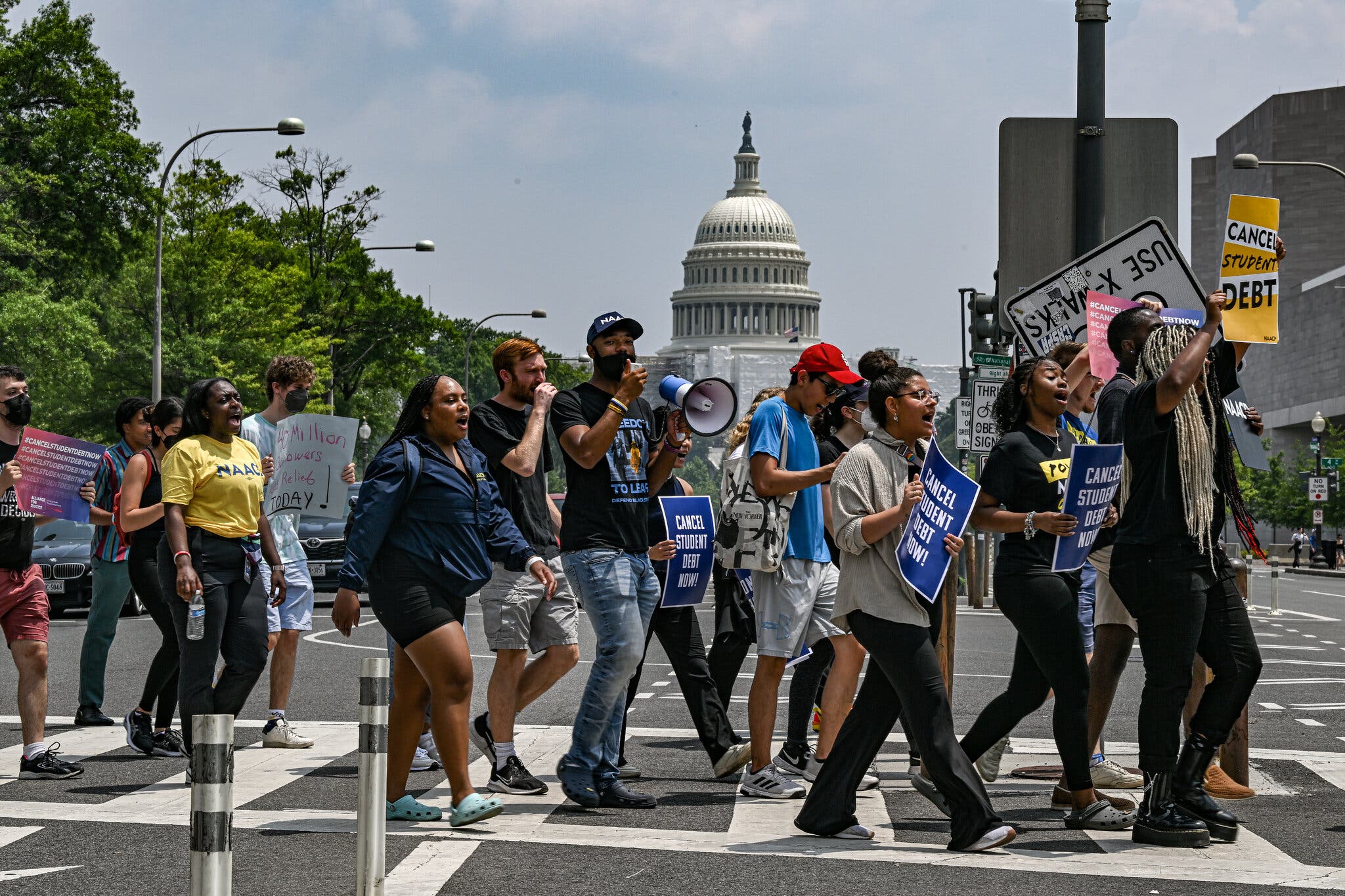 How Trumps Student Loan Changes Affect Black Communities
May 17, 2025
How Trumps Student Loan Changes Affect Black Communities
May 17, 2025
